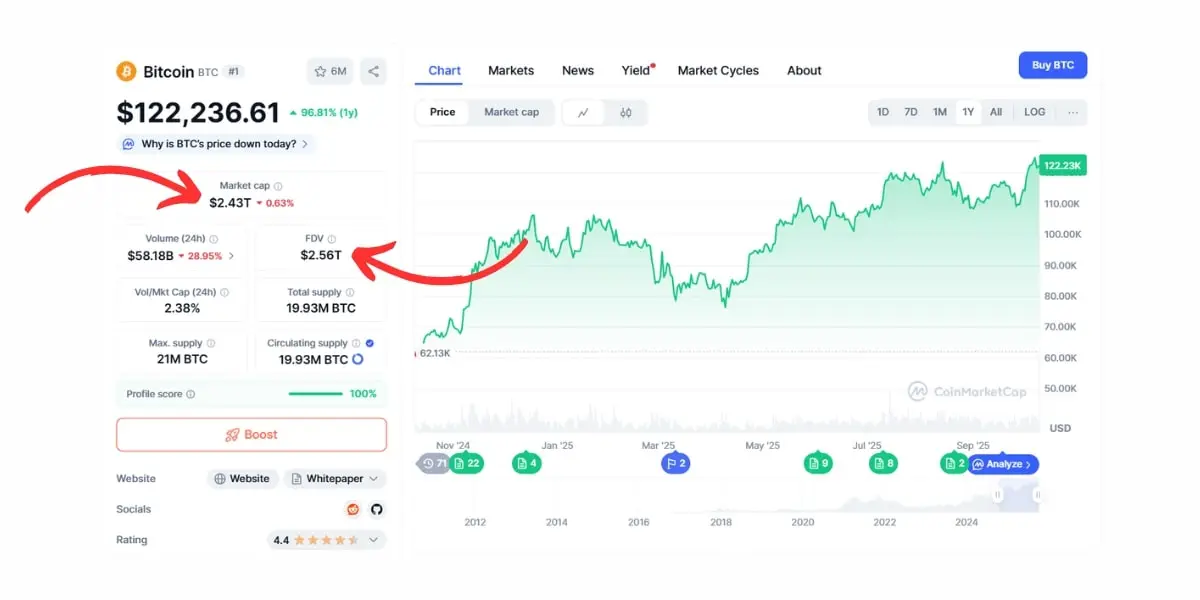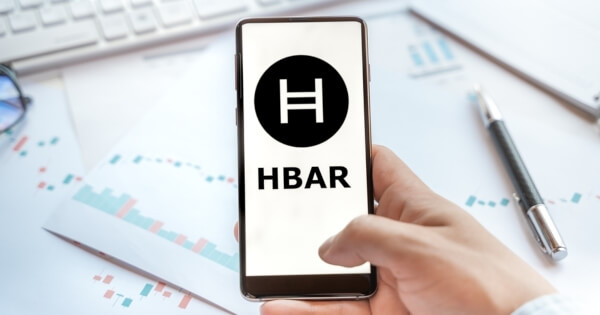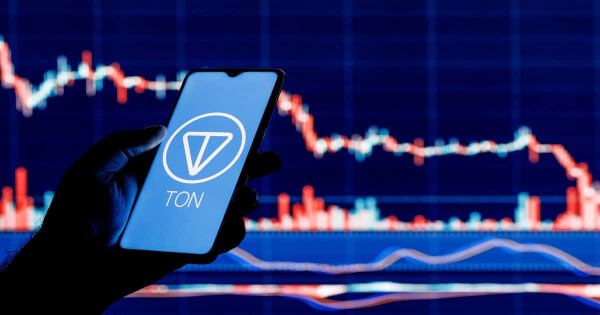 | This is somewhat of a long essay. A TL;DR is at the end. It is known to everyone that the International Monetary Fund (IMF), as well as the World Bank, lends money to developing nations. It turns out that the interest these nations pay does not come only in the form of a premium on the amount they borrowed. What are the other determinants? The contract clauses these nations have to sign. We'll get back to these shortly. The general aspect of the situation was summed up in a piece by J. Hickel, visiting scholar at the London School of Economics, and others:
The contracts have conditionality clauses that forbid borrowers from investing in their own developmentArgentina has been a huge borrower from the IMF. The crisis they had in 2001 was partially due to their IMF binding clauses: they were told to cut government spending on specific areas, such as health, education and security. The IMF provided another set of loans and measures to enforce this would be paid. Amongst this:
Ghana also borrowed many times from the IMF. A period of loans goes between 1983-2006. The austerity measures required by the IMF included cutting funds for the National Health Fund (NHF), which funds the public healthcare service. This was supposedly with the excuse of having its money back. Between 2008 and 2009 alone, the allocation of resources to the NHF fell by 40% (48% if inflation is taken into account). This caused citizens to be left without proper healthcare service, overworked professionals and lack of material for medical procedures. Another conditionality for Ghana's loan was that the government should delay payment to domestic suppliers. In addition to that, no investment projects were performed in 2009 due to the austerity measures. As a very detailed report on the matter writes:
The non-comprehensive list of examples is vast: Greece, Brazil, Venezuela, Peru, Chile, Mexico, Thailand, Malaysia, the Philippines, Nigeria, Lebanon, Tunisia, Turkey, Morocco, Jordan. Another piece states that
Have the aids failed?To the countries that borrowed, yes. To the lenders, no. A scientific paper from 2021 quantified the damages of unequal exchanges between the Global South (GS) and the Global North (GN). The TL;DR is
These unequal exchanges can be understood with a simple analogy: if the minimum wage in a certain country is 2x less than in e.g. the US, this country needs to spend twice as much to import goods from the US, whereas the US only pays half as much to import the same amount of goods. In addition to that, there's no fair fight when discussing international monetary policies, according to J. Hickel:
Another difficult aspect is that the IMF loans money to the very group of people that put this or that country in economic distress. From here on, the clauses contribute to a snowball of bad decisions that lead population to suffer and to always be hostage of international policies. El Salvador adopting Bitcoin as Legal Tender might help to break the cycleTo start with, El Salvador only invested around 1% of its Treasury into Bitcoin. It's unlikely they'll face bankruptcy on that or that they will default on their debts, as advertised North and South by traditional media outlets. That being said, the IMF was adamant and made many attacks on El Salvador due to its adoption of Bitcoin as a Legal Tender: El Salvador president's bitcoin push casts shadow over IMF efforts World Bank rejects El Salvador request for help on bitcoin implementation IMF recommends El Salvador not use bitcoin as legal tender Factbox: IMF asks El Salvador to drop bitcoin, more countries clamp down There were even outlets spreading out El Salvador would default on their debt: The big default? The dozen countries in the danger zone Which, as we know, didn't happen, as they paid their debt in full last month: Some time after the payment, the IMF acknowledged that the experiment did not completely fail: IMF says El Salvador's bitcoin risks have not materialized but 'should be addressed' In a recent document, which was reported in detail by a post from another user, the IMF stated that cryptocurrencies should not be used as a Legal Tender, allegedly to "o safeguard monetary sovereignty and stability". As discussed yet by other users in the sub, it seems they're simply afraid of other nations following El Salvador's queue. The reasons for that are many, but my main guess is related to the aspects explored in the first part of this post: if they're not issuing the currency, they don't have control over a nation's monetary policy. El Salvador has not disrupted the system yet and is very far from doing so. The danger, however, is that they created a serious precedent. For the first time in modern history, rich countries can't control nor can they affect the issuing of a developing country's Legal Tender. Other countries might follow suit. Since all fiat currencies are somewhat tied to the US Dollar, be it by soft power or actual economic deals, this precedent is a serious disruption of the status quo that is in place since 1971. There are flaws in El Salvador's Bitcoin adoption, thoughIt was reported by an actual El Salvadoran redditor (I couldn't find the posts) that the system implemented there has flaws:
TL;DR
I do want to see the next chapters. [link] [comments] |

You can get bonuses upto $100 FREE BONUS when you:
💰 Install these recommended apps:
💲 SocialGood - 100% Crypto Back on Everyday Shopping
💲 xPortal - The DeFi For The Next Billion
💲 CryptoTab Browser - Lightweight, fast, and ready to mine!
💰 Register on these recommended exchanges:
🟡 Binance🟡 Bitfinex🟡 Bitmart🟡 Bittrex🟡 Bitget
🟡 CoinEx🟡 Crypto.com🟡 Gate.io🟡 Huobi🟡 Kucoin.


















Comments